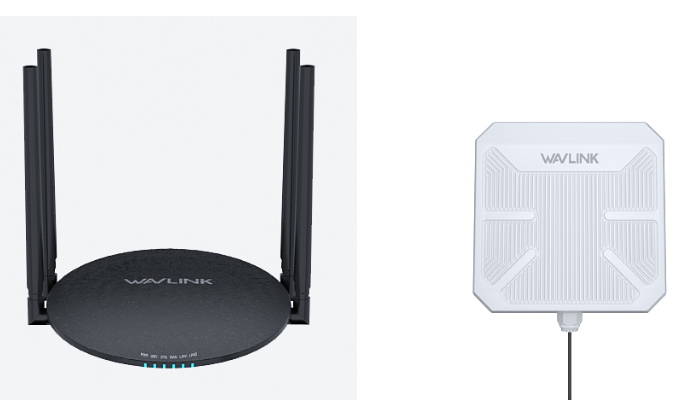In today’s digital age, a fast and stable internet connection is essential for various online activities, including gaming, streaming, and remote work. When faced with weak Wi-Fi signals or dead zones in your home, many people turn to Wi-Fi extenders as a solution. However, it’s not uncommon to notice that the internet speed seems slower when using these devices. In this article, we will delve into the reasons behind why Wi-Fi extenders can be slower and explore ways to wifi lag fix when using them.
Understanding Wi-Fi Extenders
Wi-Fi extenders, also known as Wi-Fi boosters or repeaters, are devices designed to improve Wi-Fi coverage in areas where the wireless signal is weak or nonexistent. They work by receiving the existing Wi-Fi signal, amplifying it, and then rebroadcasting it to extend its reach.
Why WiFi Extenders Can Be Slower:
- Signal Loss: One of the primary reasons why Wi-Fi extenders can be slower is signal loss. When the extender rebroadcasts the Wi-Fi signal, it does so at a lower strength than the original router signal. This loss in signal strength can result in slower internet speeds, especially if the extender is far from the router.
- Latency: Wi-Fi extenders introduce latency, which is the delay between sending and receiving data. Since data has to travel from the router to the extender and then to the device, it can lead to increased lag, particularly noticeable in online gaming and video conferencing.
- Interference: Wi-Fi extenders may create interference as they communicate with both the router and the connected devices. This interference can further slow down the network and cause packet loss.
- Half-Duplex Communication: Some older Wi-Fi extenders operate in half-duplex mode, which means they can either transmit or receive data at a given time, but not both simultaneously. This limitation can reduce the efficiency of data transfer, resulting in slower speeds.

Ways to Fix Wi-Fi Lag When Using Extenders:
- Choose Quality Extenders: Invest in high-quality Wi-Fi extenders that support the latest Wi-Fi standards and technologies. Newer extenders are designed to provide better performance and reduce signal loss.
- Optimal Placement: Proper placement of the extender is crucial. Position it in an area where it can still receive a strong signal from the router while effectively covering the dead zone. Avoid placing it too far from the router or in areas with significant interference.
- Use a Mesh Wi-Fi System: Consider using a mesh Wi-Fi system instead of traditional extenders. Mesh systems consist of multiple nodes that work together to create a seamless Wi-Fi network with consistent coverage and minimal speed loss.
- Ethernet Backhaul: If possible, connect the extender to the router using an Ethernet cable. This eliminates the signal loss associated with wireless communication between the router and extender, resulting in faster and more stable speeds.
- Wi-Fi 6 Extenders: If you have a Wi-Fi 6 (802.11ax) router, consider upgrading to a Wi-Fi 6 extender. These devices are designed to work more efficiently with modern routers, offering improved performance and reduced lag.
- QoS Settings: Configure Quality of Service (QoS) settings on your router to prioritize gaming or streaming traffic. This can help reduce lag and ensure a smoother experience when using Wi-Fi extenders.
- Regular Maintenance: Ensure that your Wi-Fi network is up to date by keeping firmware on both the router and extender updated. Firmware updates often include bug fixes and performance improvements.
In conclusion, Wi-Fi extenders can be slower due to signal loss, latency, interference, and half-duplex communication. To fix Wi-Fi lag when using extenders, it’s essential to choose quality devices, place them strategically, consider using a mesh system, use an Ethernet backhaul, and invest in Wi-Fi 6 extenders if applicable. Additionally, optimizing your network settings and performing regular maintenance can help ensure a faster and more reliable Wi-Fi experience, even when using extenders to enhance your Wi-Fi coverage.